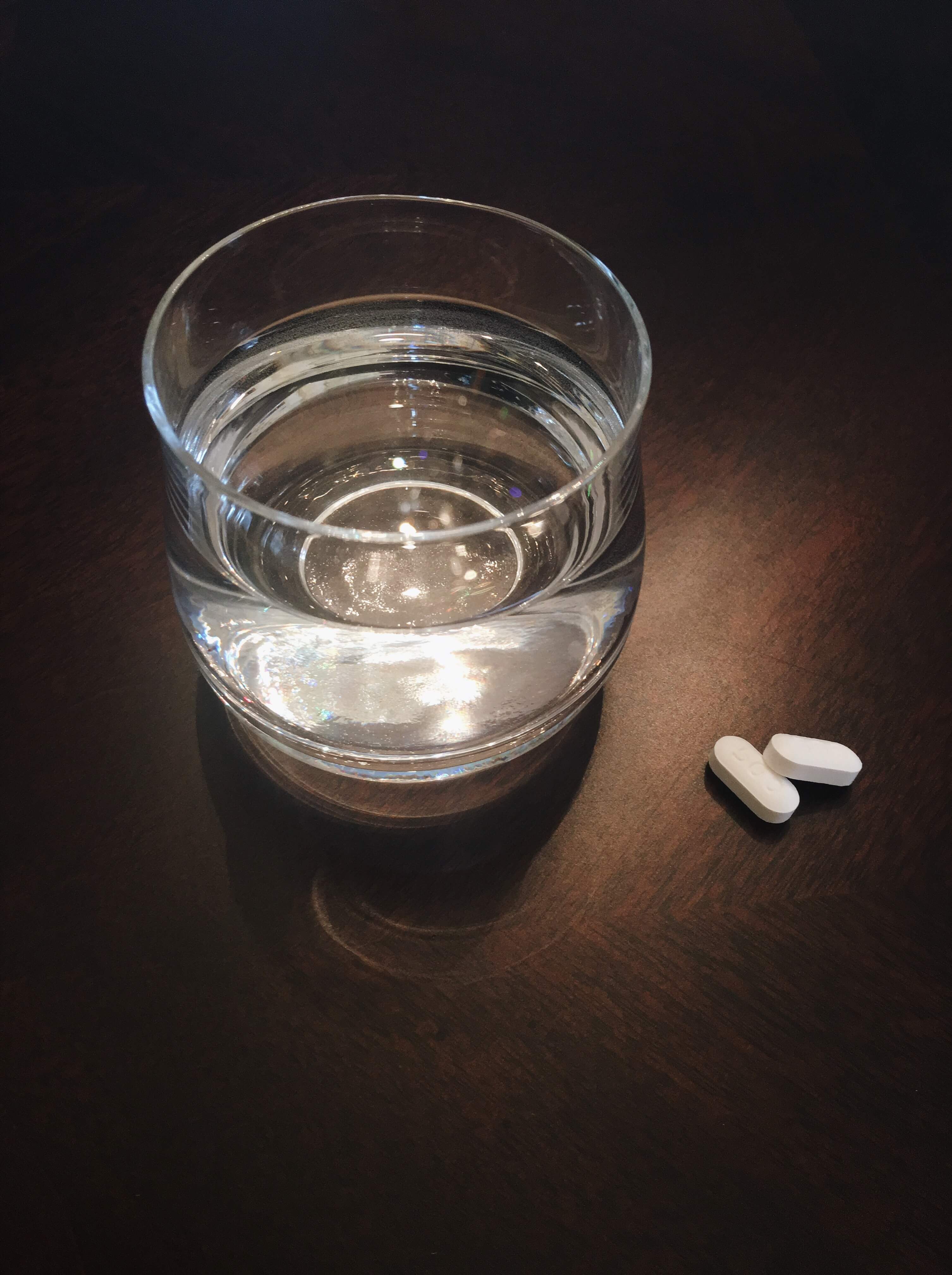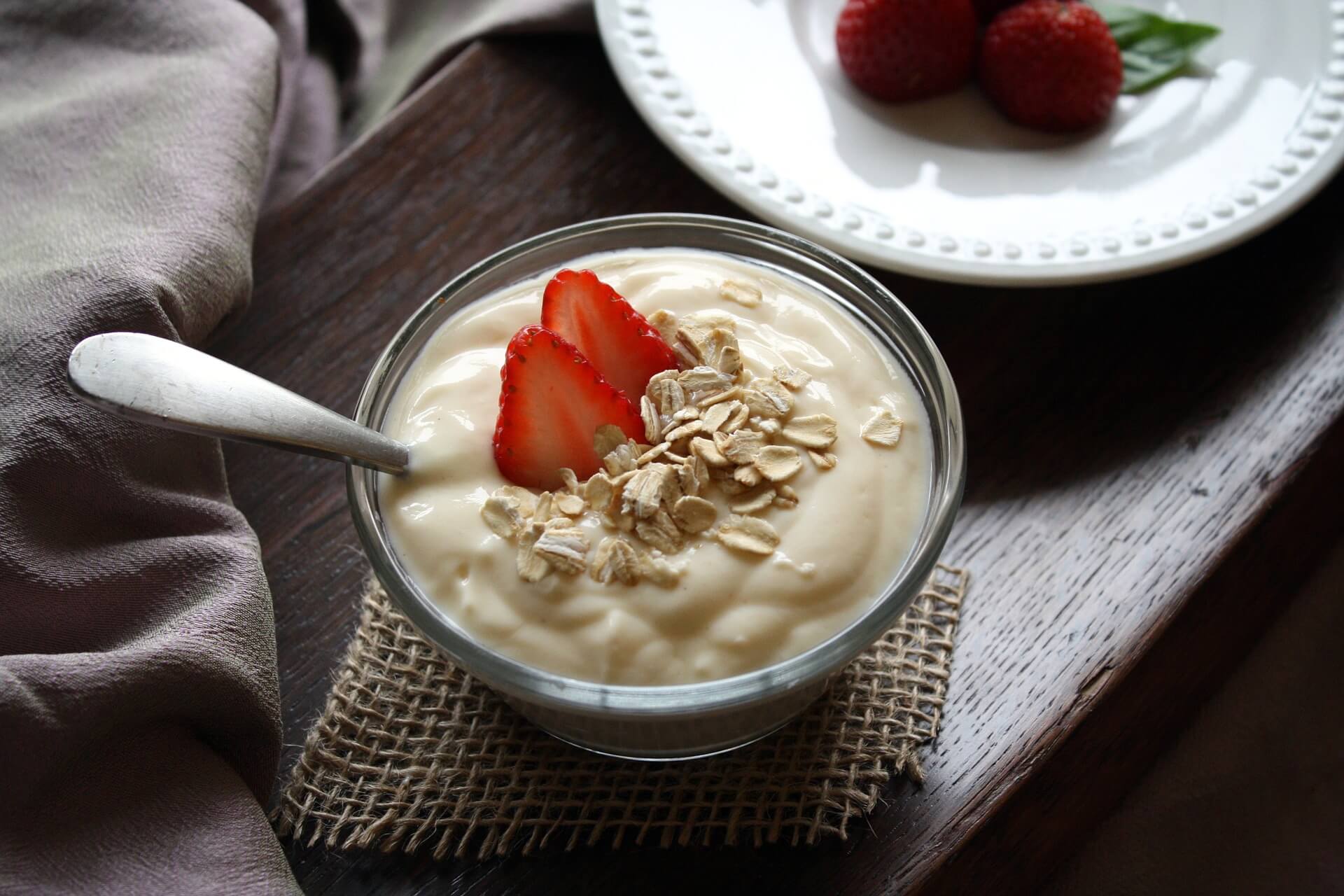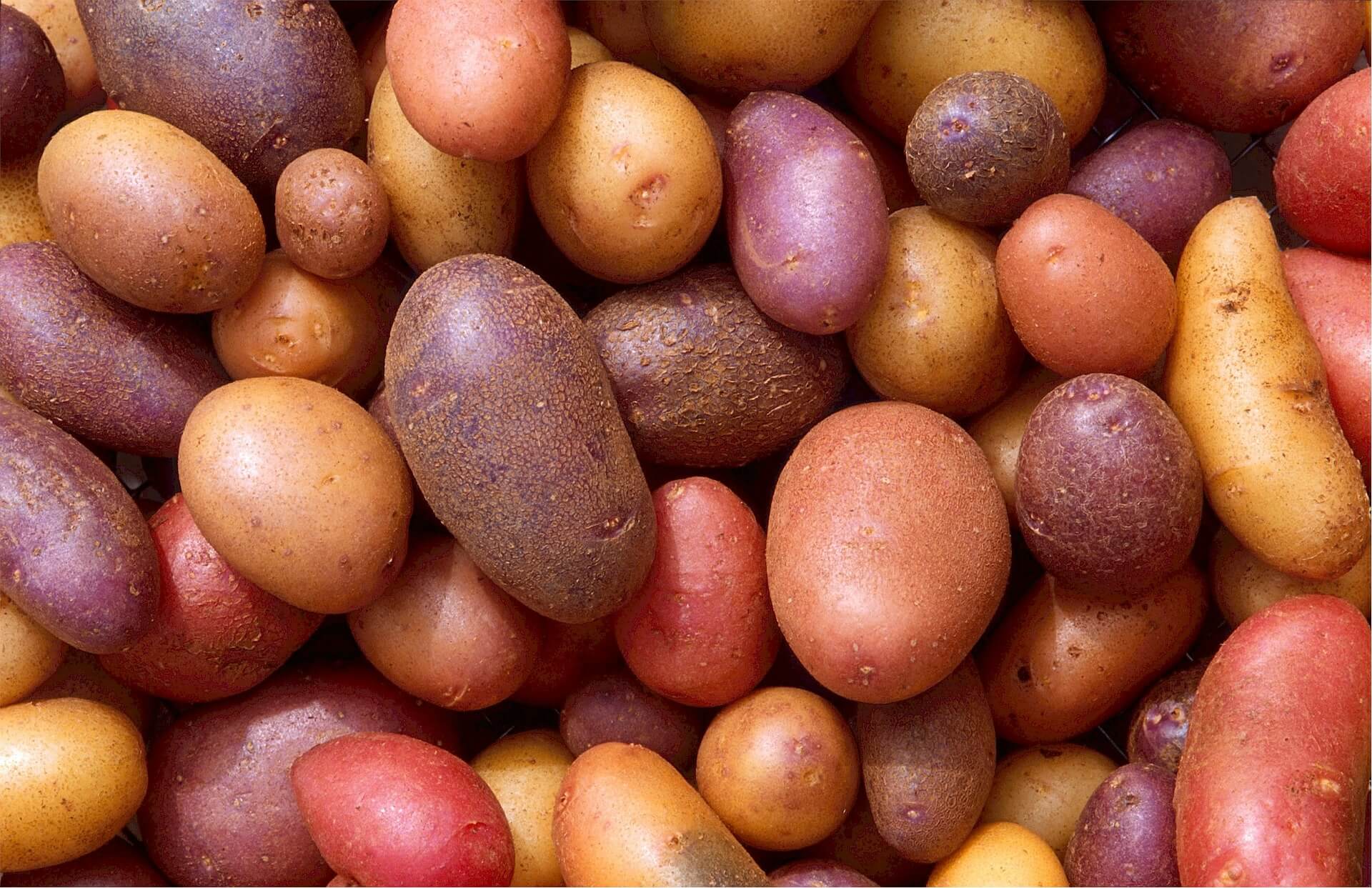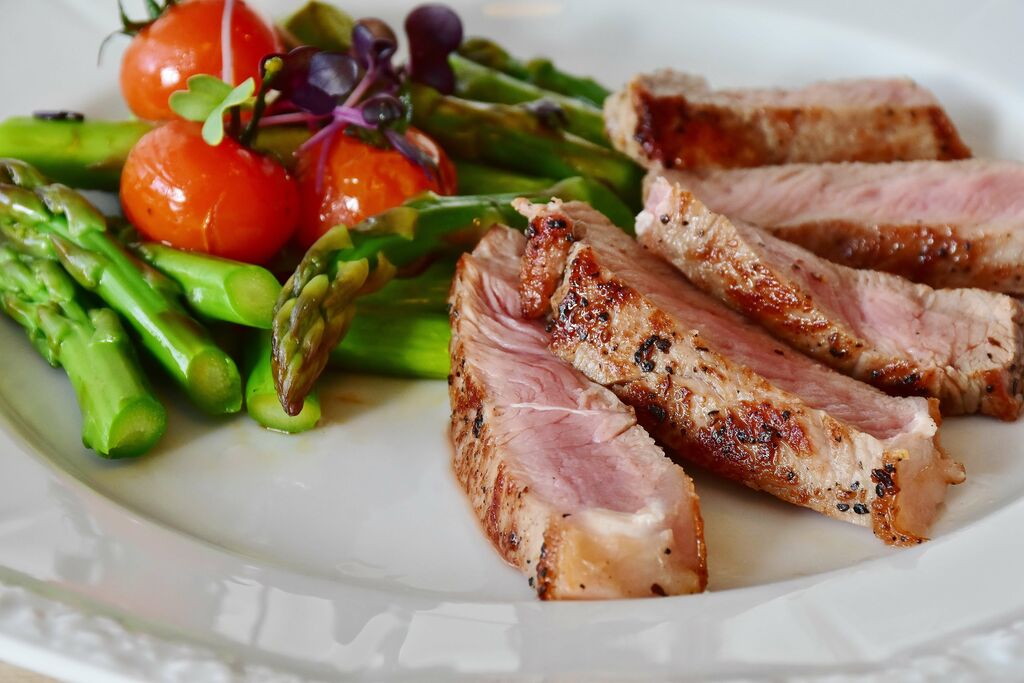Do You Have a Vitamin Deficiency? Part 2

Something as simple as a vitamin or mineral missing from your diet can have serious health consequences. Happily, most of these problems also have easy solutions – add a certain food to your diet, or invest in a daily supplement for a month or two. Whatever you decide to do, make sure you speak to your doctor or health professional and do your research – each vitamin and mineral is very different in the quantity needed and how it is best absorbed by the human body.
For example: Many vitamins are water soluble (such as the family of B vitamins), so your best bet is to eat raw foods as much as possible (luckily, you can stuff a lot of veggies in a smoothie) and don’t cook the heck out of everything (my toughest challenge!); zinc is best when sourced naturally; and iron is absorbed 500% better when paired with Vitamin C. We’ve compiled a list of several of the most common symptoms of vitamin and mineral deficiencies below.

Flaky skin and dandruff
If you are exhibiting signs of dandruff (itchy, flaking skin that can produce small to large flakes of skin that are white to yellow in color, most often found on your scalp) or seborrheic dermatitis (causes dandruff and/or scaly, itchy, red or inflamed skin), you may be low in zinc or the vitamins B2 (riboflavin), B3 (niacin), and B6 (pyridoxine).
Vitamin B2 (Riboflavin): A deficiency in this vitamin can also cause cracks in the side of your mouth known as angular cheilitis, mouth ulcers, sore throat, inflamed lining of the mouth, dry skin, light sensitivity, and cracked lips. You can find B2 naturally in beef liver, lamb, salmon, natural yoghurt, milk, almonds, kelp, spinach and mushrooms.
Vitamin B3 (Niacin): Though less common, the symptoms of a Vitamin B3 deficiency are difficulty concentrating, anxiety or depression, irritated skin, dizziness, poor circulation and headaches. Niacin can be found naturally in many meats such as turkey, liver or tuna, soy, cottage cheese, eggs, potatoes, oatmeal and pumpkin seeds.
Vitamin B6 (Pyridoxine): Similar to Vitamin B3, Vitamin B6 deficiency is also rare but symptoms include confusion, worsening PMS symptoms, anxiety or mood swings, muscle pains and fatigue. Foods high in Pyridoxine include pistachio nuts, sunflower seeds, tuna, turkey, chicken and other lean meats, prunes, yogurt, spinach, avocados and bananas.

Hair loss
A diet too low in zinc, iron, Vitamins B7 (Biotin) and B3 (Niacin) may be the cause of abnormal hair loss.
Vitamin B7 (Biotin): This deficiency is not common, but can include muscle cramps or pain, tingling hands and feet, and chronic fatigue. Biotin can be sourced naturally from egg yolks, cauliflower, liver, salmon, avocado, sweet potato, and brewer’s or nutritional yeast (nutritional yeast is a tasty, ‘cheesy’ vegan sprinkle that is delicious on beans, rice, pizza, eggs and more. Give it a try!).
Vitamin B3 (Niacin): see “Flaky skin and dandruff” above.
Zinc: It’s estimated that up to 2 billion people may be deficient in zinc. Symptoms can also include acne or skin rashes, diarrhea, food or environmental allergies, leaky gut, weakened immunity, and confusion. Zinc is one of those vitamins best found naturally by eating foods like lamb, shellfish, yogurt, chickpeas and other beans, pumpkin seeds, and cashews.
Iron: A diet low in iron can also cause fatigue, restless leg syndrome, cold hands and feet, headaches, dizziness, and pale inner eyelids (you can check this by placing your finger underneath your eye, and pulling the skin downwards to see the inside of your lower eyelid. It should be rosy pink or red, if it’s pale you may be lacking sufficient iron). Iron can be sourced from foods such as meats, dairy, legumes, grains, leafy greens, nuts and seeds, molasses and prune juice. Pro tip: combine your iron intake with a source of Vitamin C, and you will increase your iron absorption by as much as five times.

High blood pressure
Your high blood pressure could be linked to low levels of potassium and/or magnesium, and although not very common, to a deficiency in Vitamin D.
Potassium: This deficiency can be caused by a diet low in potassium, OR when your body loses a lot of fluids with excessive sweating, vomiting or diarrhea. So it’s important to stay hydrated, and eat foods like bananas regularly and sweet potatoes, avocados, beans, tomatoes, yoghurt and squash.
Magnesium: Low levels of magnesium can cause many serious issues like chronic fatigue, even depression, loss of appetite, muscle tremors (or twitches), poor memory, sensitivity to light and sound, insomnia, an irregular heartbeat, and more. Magnesium can be sourced in your diet naturally by eating dark, leafy greens, whole grains, nuts, seeds, beans, seafood, and dairy products. You can also take a magnesium supplement, which is normally pretty cheap and easy to find.
Vitamin D: A deficiency in Vitamin D is rare in the modern world, but still possible, and causes a severely weakened immune system, bone pain, and tiredness or fatigue. The best source of Vitamin D is to ensure you are getting at least ten minutes of moderate sunshine every day – go sit on a park bench, lean against your car, or whatever you have time for – it’s pretty easy to fit in, unless you live close to the poles. It’s more difficult to source in foods, but can be found in supplements or in fatty fish like mackerel, tuna and salmon, in fortified orange juice, soy milk or cereals, and in egg yolks, cheese and liver.

Mouth ulcers, or cracks known as angular cheilitis
Lesions, ulcers and cracks in and around the mouth may be caused by low levels of iron, Vitamin B1 (Thiamin), Vitamin B2 (Riboflavin), and Vitamin B6 (Pyridoxine).
Vitamin B1 (Thiamin): Other symptoms of this uncommon deficiency are irritability, loss of appetite, tingling sensations, reduced or absent reflexes, blurry vision, abnormal heart rate, delirium, and vomiting or nausea. Thiamin can be sourced naturally by eating beef liver, asparagus, macadamia nuts, green beans, squash, whole grain bread and lean meats.
Vitamin B2 (Riboflavin): see “Flaky skin and dandruff” above.
Vitamin B6 (Pyridoxine): see “Flaky skin and dandruff” above.
Iron: see “Hair loss” above.

Sources
Latest Articles
 Is Running on a Treadmill Easier Than Running Outside?Runners have their own preferences, whether it is treadmill running, running outside on the road, or exploring trails. So...
Is Running on a Treadmill Easier Than Running Outside?Runners have their own preferences, whether it is treadmill running, running outside on the road, or exploring trails. So... Is It OK to Use Trail Running Shoes on the Road?While trail running shoes can be used on roads, especially in situations where a runner encounters mixed terrains or pref...
Is It OK to Use Trail Running Shoes on the Road?While trail running shoes can be used on roads, especially in situations where a runner encounters mixed terrains or pref... How to Fix Sore Quads After Running?Rest, ice, gentle stretching, and over-the-counter pain relievers can help soothe sore quads after running. Also, ensure ...
How to Fix Sore Quads After Running?Rest, ice, gentle stretching, and over-the-counter pain relievers can help soothe sore quads after running. Also, ensure ... 10 Fruits With The Most Electrolytes to Replace Sports DrinksThese fruits are high in electrolytes such as potassium, magnesium, and calcium, essential for hydration, muscle function...
10 Fruits With The Most Electrolytes to Replace Sports DrinksThese fruits are high in electrolytes such as potassium, magnesium, and calcium, essential for hydration, muscle function...

